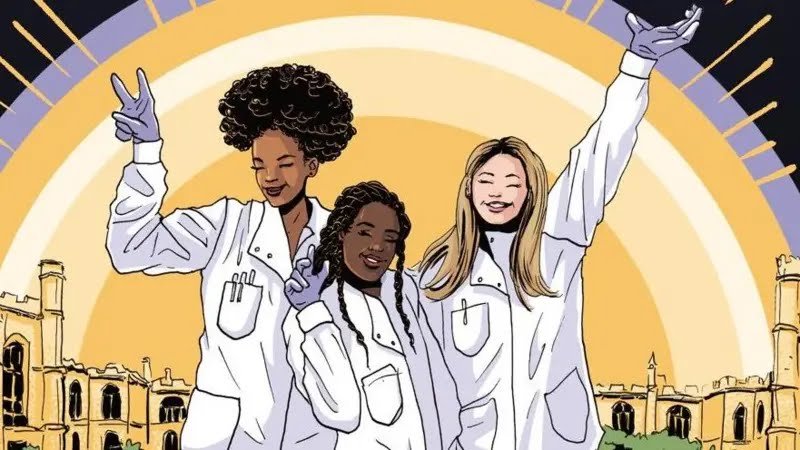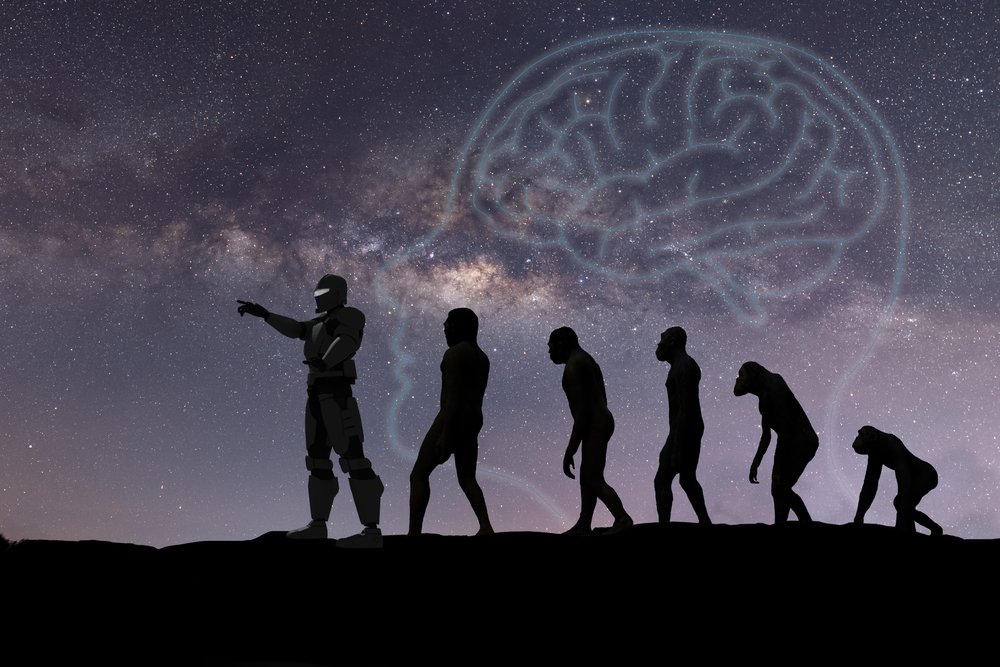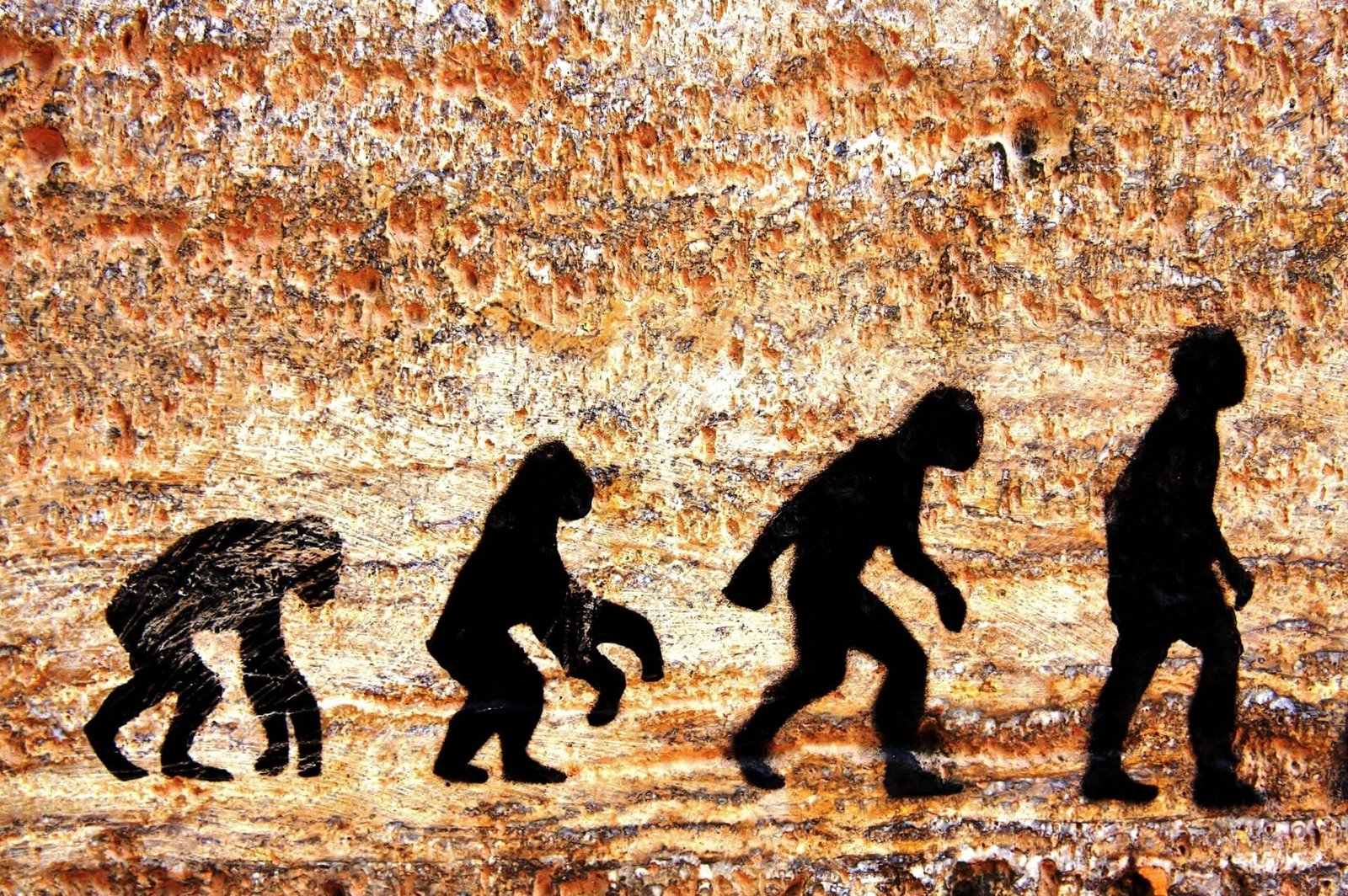Cultural anthropology is the study of human cultures, traditions, and beliefs. It seeks to understand how societies function, how people interact with each other, and how their beliefs shape their daily lives. Cultural anthropologists study different groups of people across the world, exploring their rituals, languages, art, religion, and social structures. By examining these aspects, anthropologists gain insight into what makes each culture unique, as well as the commonalities that unite humanity.
Table: Key Aspects of Cultural Anthropology
| Aspect | Description |
|---|---|
| Traditions | Practices passed down through generations |
| Beliefs | Ideas that guide how people perceive the world |
| Social Structures | Hierarchies and roles within a community |
| Language | Communication systems that shape culture |
The Importance of Studying Traditions
Traditions are a key element of any culture. They include practices and customs passed down through generations, such as festivals, ceremonies, and daily rituals. By studying traditions, cultural anthropologists can understand the values and history of a society. Traditions help preserve a group’s identity and provide a sense of continuity and stability. They often reflect deeper beliefs about life, community, and spirituality. By examining these practices, anthropologists can uncover how different cultures maintain their heritage and adapt to change over time.
Beliefs and Worldviews
Beliefs form the foundation of a culture’s worldview, influencing how people understand life, death, nature, and society. In cultural anthropology, beliefs are studied to see how they shape behavior, ethics, and interactions with the environment. These beliefs can be religious, spiritual, or philosophical, and they often serve to explain the unknown and provide meaning to life’s events. By comparing different belief systems, anthropologists can learn how diverse societies approach universal questions, such as the afterlife or the purpose of human existence.
Social Structures and Hierarchies
Every society has a social structure, which refers to the organization of relationships and roles within a group. This includes family dynamics, gender roles, and class hierarchies. Social structures define how people interact with each other and the responsibilities they hold within their communities. Cultural anthropologists study these structures to understand power dynamics, social mobility, and how individuals relate to their society. By looking at how different societies organize themselves, anthropologists can gain insight into the diversity of human experiences and the factors that influence social cohesion.
The Role of Language in Culture
Language is a powerful tool that shapes culture and identity. In cultural anthropology, language is studied not only as a means of communication but as a way of expressing values, traditions, and beliefs. Each language carries unique meanings and reflects the worldview of the people who speak it. For example, certain languages have words for concepts that may not exist in other languages, highlighting cultural differences in how people think and interact with the world. The study of language also helps anthropologists understand how cultures evolve and how globalization affects communication.
Cultural Change and Adaptation
Cultures are not static; they evolve over time, adapting to changes in the environment, technology, and interactions with other cultures. Cultural anthropology examines how societies change while maintaining their core identity. This may involve the adoption of new technologies, changes in social structures, or the blending of traditions due to migration or colonization. Understanding cultural adaptation is important for appreciating the resilience of human societies and how they manage to preserve their heritage in the face of global changes.
Conclusion: The Value of Cultural Anthropology
Cultural anthropology plays a vital role in understanding human diversity. By studying the traditions, beliefs, social structures, and languages of various societies, anthropologists gain a deeper insight into what makes us human. This field highlights the importance of cultural heritage and helps bridge the gap between different communities by promoting respect and appreciation for diversity. As the world becomes more interconnected, the study of cultural anthropology is essential for fostering empathy, understanding, and global cooperation.



